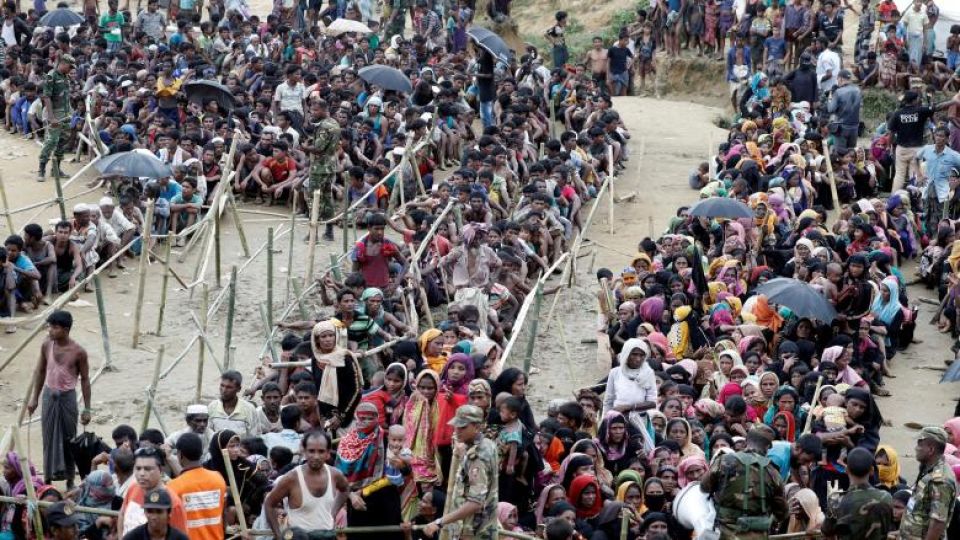February 22, 2022
SINGAPORE – Myanmar’s military junta argued on Monday (Feb 21) that a case alleging genocide against the country’s Rohingya minority has no grounds to proceed.
Addressing the International Court of Justice in person at The Hague, the junta’s minister of international cooperation, Mr Ko Ko Hlaing, said: “The government of Myanmar remains committed to addressing the problems in northern Rakhine state, which have a long history.”
He added that it was “determined to solve these complex problems through peaceful means of negotiation and reconciliation”.
The junta’s legal team contends that The Gambia, which in 2019 filed a lawsuit alleging that Myanmar breached the 1948 Convention on the Prevention and Punishment of the Crime of Genocide, was acting as a proxy for the Organisation of Islamic Cooperation, which is not a party to the convention.
Monday’s hearing was clouded by controversy over which should be the rightful party representing Myanmar amid the political crisis triggered by the military coup on Feb 1 last year.
The junta is currently battling guerilla forces and ethnic armed groups opposing its power seizure. A parallel National Unity Government (NUG), composed partly of lawmakers ousted by the coup, is vying with the junta for international recognition.
Both the junta and the NUG had sought to represent Myanmar in this case, which centres on the military’s crackdown in Rakhine state five years ago that triggered an exodus of more than 700,000 Muslim Rohingya.
Numerous survivors who fled to neighbouring Bangladesh later recounted tales of systematic rape, massacre and destruction of Rohingya villages.
According to the latest update by the United Nations Refugee Agency (UNHCR), more than 920,000 refugees remain in Bangladesh, with about 767,000 having arrived after the crackdown began in August 2017.
In 2019, Myanmar’s then civilian leader Aung San Suu Kyi – who along with other members of her government were detained and are now facing a host of charges – personally defended her country at the court, arguing that there was no genocidal intent in the treatment of the Rohingya.
Notably, then, she avoided using the term “Rohingya”, infuriating a community that has long been treated as outsiders in Myanmar.
In January 2020, the court granted Gambia’s request for provisional measures requiring Myanmar to protect the Rohingya from genocidal acts and preserve evidence of genocidal acts.
Mr Ko Ko Hlaing told the court on Monday that Myanmar has been “diligently” implementing the court’s orders.
Internally displaced persons (IDP) within Rakhine state were receiving Covid-19 vaccination “on par with other members of the population generally” and “projects for closing IDP camps and arranging the return of IDPs back to their normal lives are under way”, he said.
“These ongoing developments demonstrate the will of our government to find effective and constructive ways forward in Rakhine state,” he added.
Monday’s hearing is not about the merits of the genocide case but about Myanmar’s preliminary objections to the ICJ’s jurisdiction over it, which the civilian government filed last year shortly before the coup.
The NUG announced this month that it had withdrawn Myanmar’s preliminary objection.
Commenting on the ICJ’s decision to go ahead with the hearing on the preliminary objection in the presence of a junta representative, NUG Foreign Minister Zin Mar Aung said on Monday at a press conference: “We understand that the court was following an administrative anomaly… We believe this hearing does not give any legitimacy to the junta.”
But she added that the court risked being seen as “inadvertently undermining democracy in Myanmar”.
She also said her government would continue engaging with the court, to bring justice to “our Rohingya sisters and brothers”.


